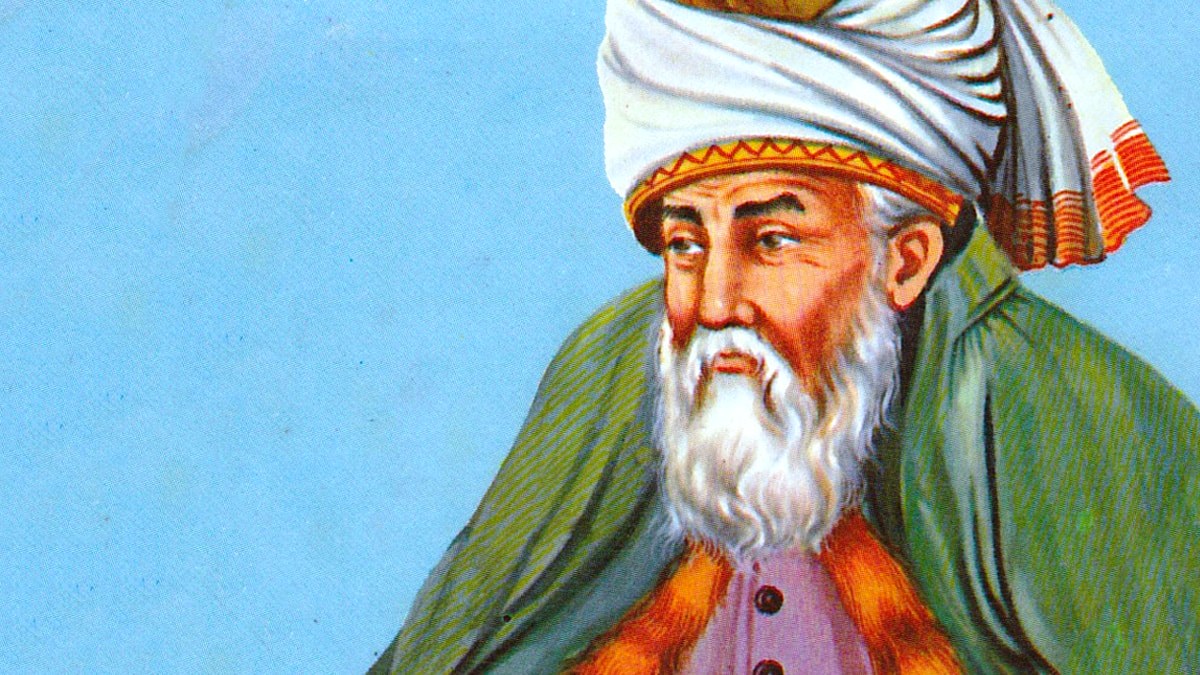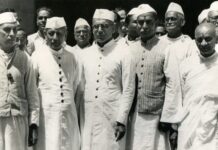A young law teacher has authored a book on Muslim Personal Law that has almost everything that a textbook requires, writes Dr SM Afzal Qadri
For every society, family law is a subject of great importance. This disciple deals with the day-to-day family affairs of a person right from birth to death.

Islamic law in addition to other domains also provides comprehensive details regarding family affairs in its family law, which is divine and unalterable. Syed Shahid Rashid’s just-published Principles of Muslim Family Law is a remarkable work. This book, published by Kitab Mahal Publishers Srinagar, is useful for those who want to study Muslim family law especially students pursuing law courses in different universities and colleges. The language used in the book is very simple. In fact, the author, who teaches the law, has avoided legal jargon, which an ordinary student of law feels is difficult to comprehend easily.
Since most of the family law is based on religious texts like Quran, hadith, and other materials which are mostly in Arabic, the author has translated the same into a common and student-friendly language. The author has relied on traditional sources, Islamic Fiqh, and other sources of Islamic law.
The book is divided into twelve chapters. In the first chapter, the author has discussed the history and development of Muslim law in India with special reference to Jammu and Kashmir. In this regard, the application of the Jammu and Kashmir Shariat Act, 2007, has been discussed in detail. This act abolished a custom under which the girls in villages were denied inheritance.
Chapter two deals with Islamic law and its sources in which the author has explained the difference between Islamic Law and Muslim law, which generally the students of Muslim Personal Law often confuse. The various sources of the law are very well explained and a distinction has been made between revealed and non-revealed sources.
Book’s third chapter deals with the schools of Islamic Jurisprudence wherein he has comprehensively discussed the fiqh and its development and formation of different schools. The author has also tried to explain the difference between Shariah and Fiqh, which sometimes is confused otherwise. The most important part of the book – the law of inheritance, is explained in detail. Since this area is a technical one, people even from a law background avoid discussing it. But the book has explained it in a very lucid and scholarly manner. Even the author has tried to explain it mathematically.
The general rules pertaining to the law of Will and Gift are discussed in the fifth chapter. Again, the author has tried to explain its relationship with the law of inheritance and the need for will and gift in the scheme of property distribution, especially for those who are otherwise not entitled to inheritance.
Chapter six, of the book, deals with Muslim Marriage in which the institution of nikah is explained in the light of the famous case Abdul Kadir v Salima decided by Allahabad High Court in 1886. The same view has been taken by the Pakistan Supreme court in Khurshid Bibi v Mohammad Amin in 1967.
The institution of polygamy in the book is worth reading. To those who have been criticising Islam for having multiple wives and the questions about gender, the book offers enough convincing arguments within the references from the Quran, hadith and other historical, sociological and legal dimensions.
The dissolution of marriage and its consequences in Islam and its modern dimensions including the approach adopted by the judiciary has been discussed at length. The author has referred to observations made by Justice Chanderchud in Shah Bano Case wherein the learned judge has said that a Muslim husband enjoys the right of divorce for reasons good, bad or indifferent. But the author has rightly disagreed with the above observation and said that the law of dissolution of marriage in Islam reflects the picture quite contrary to the above observation. He has rightly mentioned that the natural justice and civilized sense demand that the institution of marriage shall neither be put to rigid and oppressive bond nor to a weak institution which ultimately may lead to the disintegration of family structures.

The author has discussed various types of talaq and has also delineated the difference between triple talaq and instant triple talaq. In this context, he has referred to Shayara Bano Case which is now a landmark judgment on triple talaq. However, the author has not critically examined the judgment and its niceties or otherwise when Muslim law is clear on this point. He has also referred to the Triple Talaq Act, 2019 in which the penalty of three years is laid down in case a husband pronounces triple talaq. However, the author has not analysed the said law and its adverse consequences on society which, I hope, he will do in the next edition of the book.
The last three chapters deal with guardianship, maintenance, custody and adoption. This book is a very good addition to the books already written on the subject. The distinction of this book is in its simplicity of language, to-the-point answers and cohesiveness, which can help the students of law to understand the subject without any difficulty.
(Prof Dr SM Afzal Qadri has served as head of the Department of Law at the University of Kashmir.)















